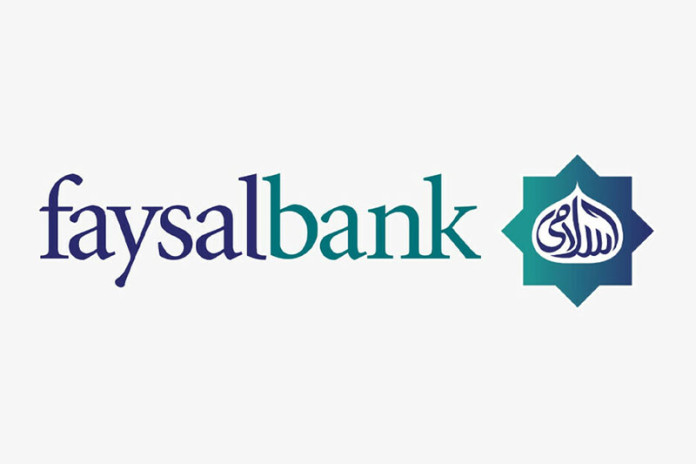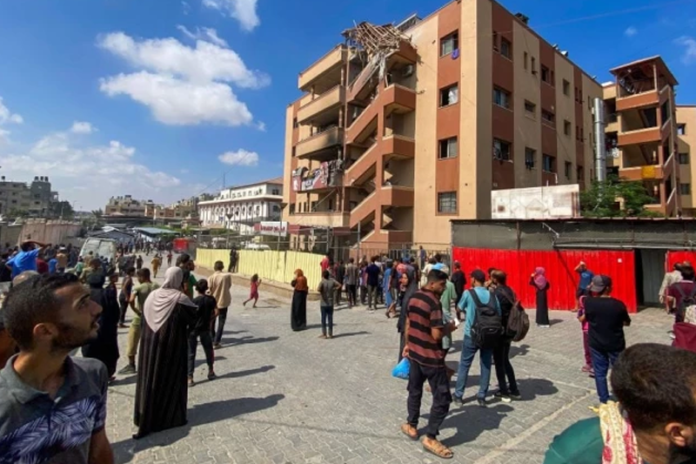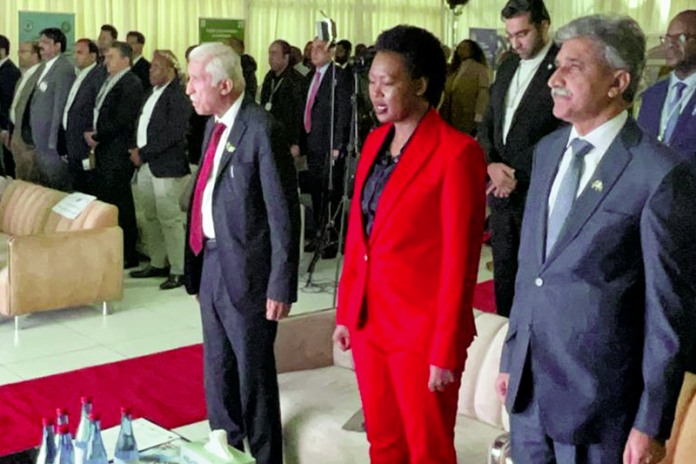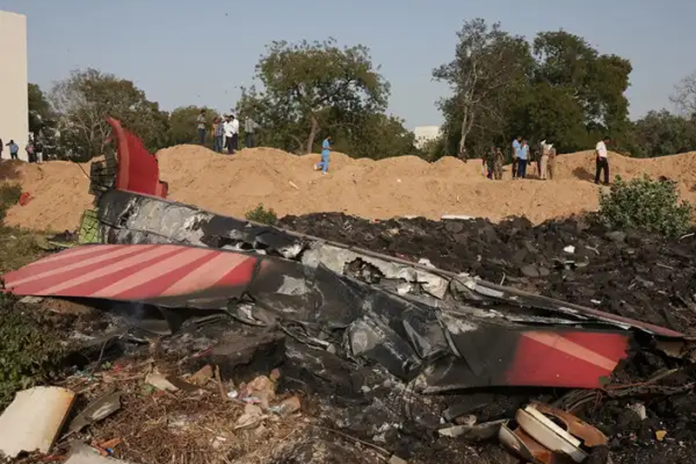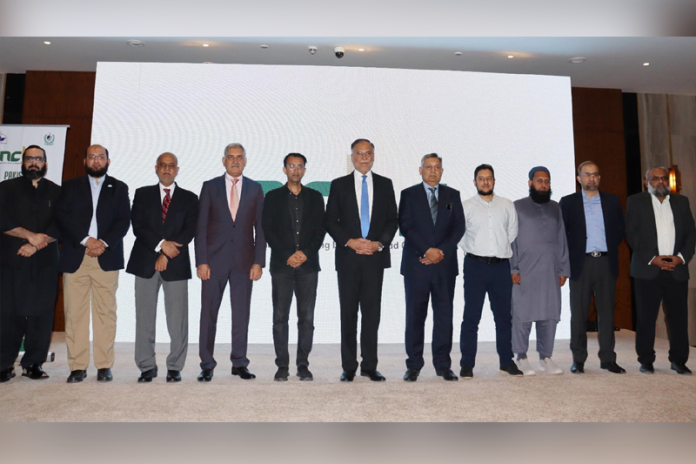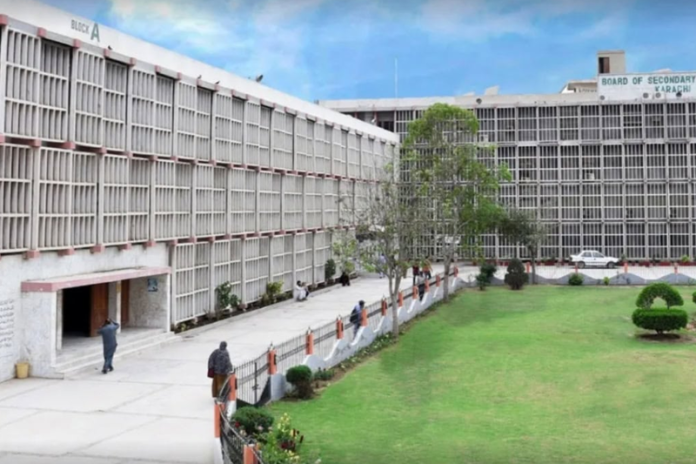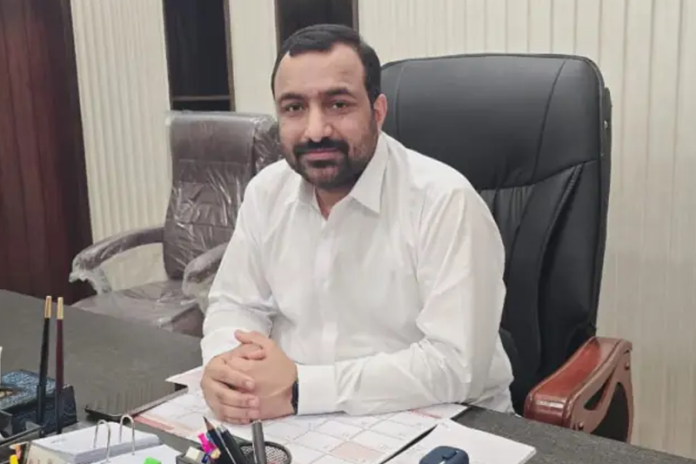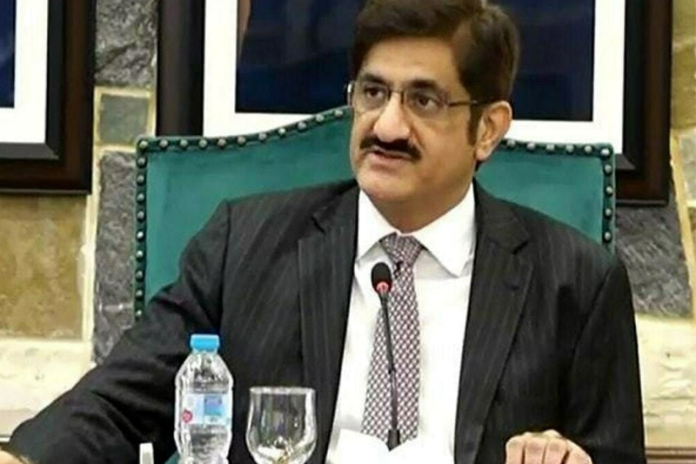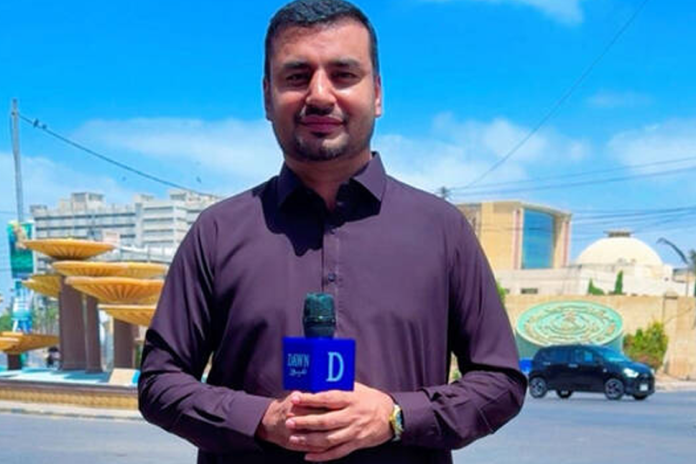WB proposes debt management reform
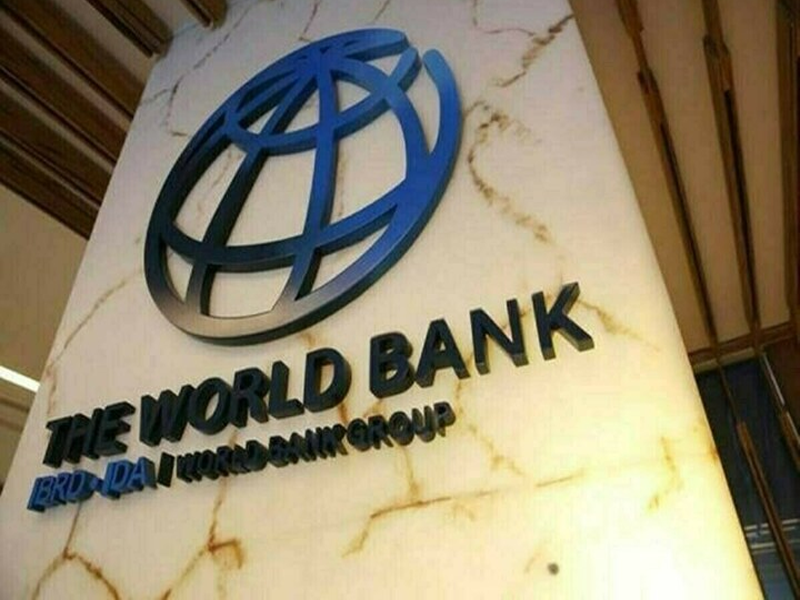
- 228
- 0
ISLAMABAD: The World Bank has recommended the creation of a permanent Debt and Risk Management Committee (DRMC) in Pakistan to manage escalating fiscal risks and improve the fragmented approach to debt management.
The proposed committee would be directly accountable to Parliament, ensuring greater transparency and responsibility in loan-related decisions. The World Bank has consistently raised concerns about Pakistan's high debt burden, urging the finance ministry to introduce secondary legislation to better address this issue. The necessity of a debt management committee was highlighted during a meeting of the steering committee for the Revenue Mobilisation, Investment, and Trade Programme (REMIT), which is funded by the UK and chaired by Pakistan's finance minister. The World Bank's proposal suggests that a permanent committee would help ensure borrowings are both sustainable and transparent, in alignment with the country's macroeconomic, fiscal, and monetary policies.Currently, Pakistan's debt management suffers from significant fragmentation. The Economic Affairs Ministry and the central bank record debt separately, making it difficult to get a comprehensive view of external debt obligations. This disjointed approach hampers effective decision-making and often leads to conflicts between ministries. For example, loans from international lenders like the IMF, the UAE, Kuwait, and a $4.5 billion Chinese trade finance facility are booked on the central bank's balance sheet, complicating the understanding of overall debt commitments. The lack of coordination, even within the finance ministry, is another critical issue. The external finance wing and the Debt Management Office (DMO) often operate in silos, further undermining efficient debt management. A dedicated committee would address these coordination gaps, ensuring that borrowings are made at optimal costs and with an appropriate degree of risk, while taking into account both domestic and international market conditions. Last year, the finance ministry nearly finalized a foreign commercial loan that could have been Pakistan's most expensive borrowing to date. However, the proposal was eventually scrapped after media reports raised concerns.
During the REMIT meeting, officials acknowledged that better coordination between ministries, such as planning, finance, and economic affairs, is essential to improve decision-making in debt management. The World Bank's Country Partnership Framework for the period 2025-2035, which is expected to be approved soon, outlines a funding commitment of $20 billion to Pakistan. The framework stresses the importance of creating a unified and efficient debt management structure to reduce the risks and costs associated with Pakistan's large debt load. The document notes that the country faces a high debt burden, significant exposure of the financial sector to government debt, large external financing needs, and weak investor confidence. One of the key tasks of the DRMC would be to identify debt-related fiscal risks from loan guarantees and on-lending, regularly assess these risks, and ensure they are disclosed transparently. The committee would also promote efficient and transparent debt management practices and ensure that public debt data is accurate and accessible. The DRMC would provide strategic oversight for public debt management, working closely with provincial authorities to ensure that fiscal risks are managed prudently. The committee would also support the DMO in formulating a debt strategy based on cost-risk analysis, develop an annual borrowing plan, and monitor the implementation of this plan. The proposed DRMC would be co-chaired by the secretaries of the Finance Division and the Economic Affairs Division, with core members from the DMO, the State Bank of Pakistan, and other relevant departments. The committee would meet quarterly, with additional meetings scheduled during times of economic stress or significant market changes. Its effectiveness would be reviewed every three to five years by the finance and economic affairs ministers. Despite the detailed proposal, sources indicate that the plan is still under internal discussion and has not yet been finalized.




